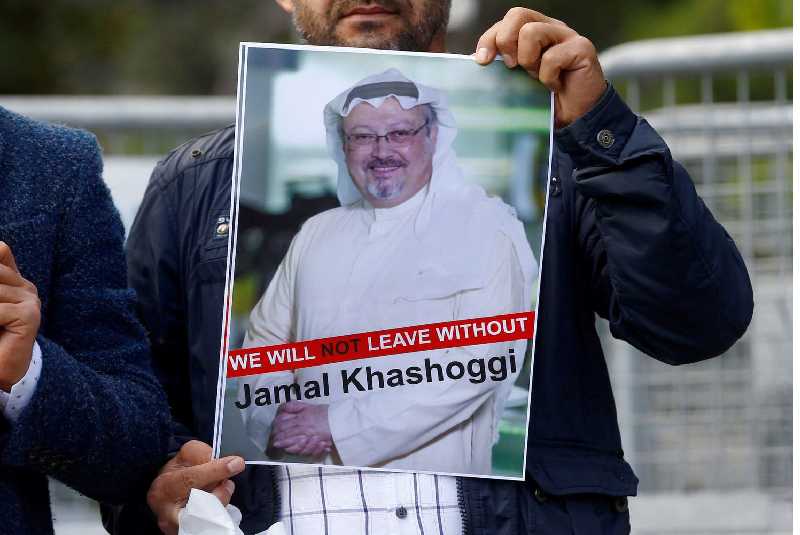×
The Standard e-Paper
Join Thousands Daily

Turkish police have concluded that prominent Saudi journalist Jamal Khashoggi was murdered inside the Saudi mission in Istanbul after going missing Tuesday, an unnamed government official said Saturday.
"Based on their initial findings, the police believe that the journalist was killed by a team especially sent to Istanbul and who left the same day," the official told AFP.